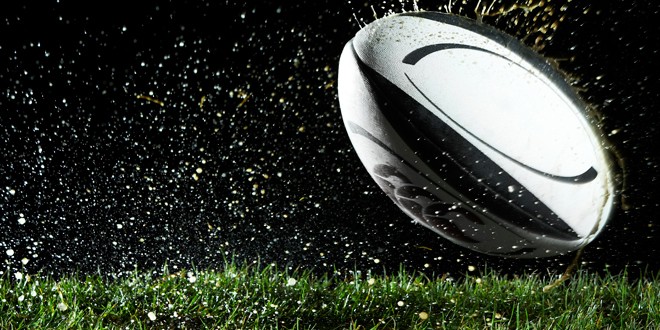 The RFL is nearing the completion of a review into transgender participation in Rugby League in the UK.
Last week International Rugby League (IRL) banned trans women - those who have transitioned from male to female - from the international game.
Trans women will be unable to compete at this year's World Cup, though IRL chief Troy Grant has s
The RFL is nearing the completion of a review into transgender participation in Rugby League in the UK.
Last week International Rugby League (IRL) banned trans women - those who have transitioned from male to female - from the international game.
Trans women will be unable to compete at this year's World Cup, though IRL chief Troy Grant has s RFL to rule on transgender participation after World Cup ban
 The RFL is nearing the completion of a review into transgender participation in Rugby League in the UK.
Last week International Rugby League (IRL) banned trans women - those who have transitioned from male to female - from the international game.
Trans women will be unable to compete at this year's World Cup, though IRL chief Troy Grant has s
The RFL is nearing the completion of a review into transgender participation in Rugby League in the UK.
Last week International Rugby League (IRL) banned trans women - those who have transitioned from male to female - from the international game.
Trans women will be unable to compete at this year's World Cup, though IRL chief Troy Grant has s 